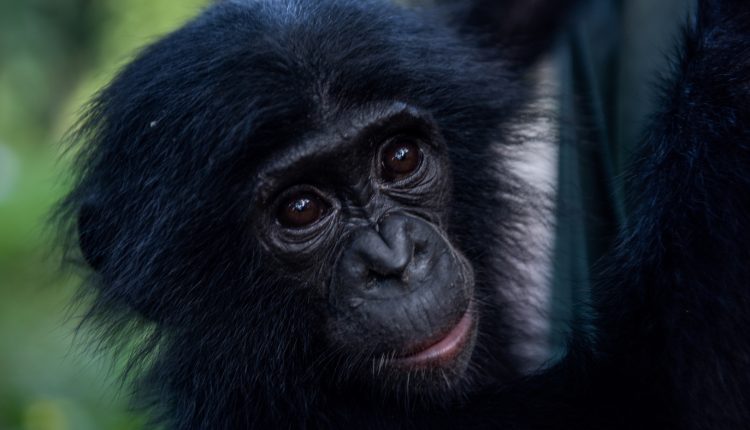Bonobos show human-like alliance building skills
A study into the behavior of bonobos, a human-like ape species, shows that they choose partners to create close relationships and cooperate with them in food and resource sharing.
Scientists have found that bonobos, like humans, can make strategic alliances with individuals from different social groups. This challenges the assumption that only humans had this ability.
The rare ape species shows “remarkable levels of tolerance between members of different groups” and can be observed travelling, eating and resting together.
Martin Surbeck, a Harvard University professor and the lead author of the study, said: “they preferentially interact with specific members of other groups who are more likely to return the favour, resulting in strong ties between pro-social individuals”.
Scientists have mainly studied chimpanzees, who are also closely related to humans, to understand primate behavior, since bonobos are harder to observe in their isolated habitat in the Democratic Republic of Congo.
However, chimpanzees are more aggressive, and relationships between different groups can be antagonistic and deadly.
Moreover, Over a span of two years, scientists observed two small bonobo groups, consisting of 31 adults in total. These groups spent approximately one-fifth of their time in each other’s company.
Upon analyzing 95 encounters, the researchers discovered that individuals from different groups exhibited friendly and cooperative behaviors during their interactions.
According to researchers writing in the journal Science: “our findings show that co-operation between unrelated individuals across groups without immediate payoff is not exclusive to humans and suggest that such co-operation can emerge in the absence of social norms or strong cultural dispositions.”


